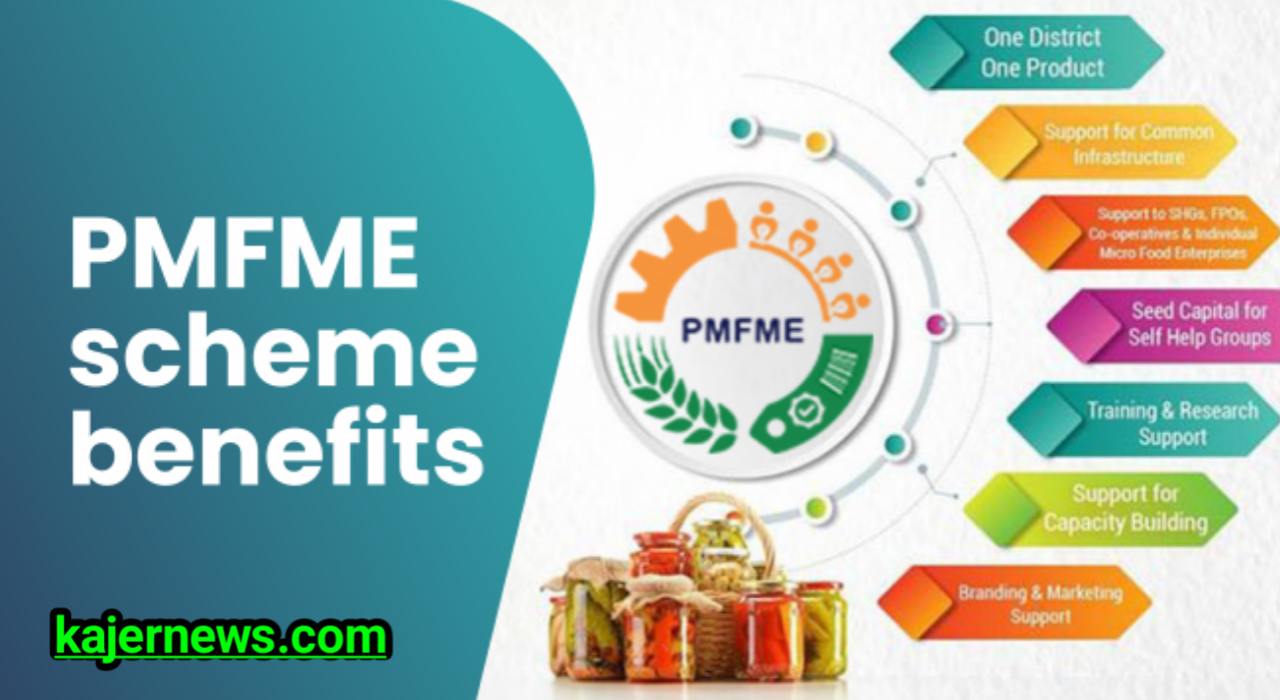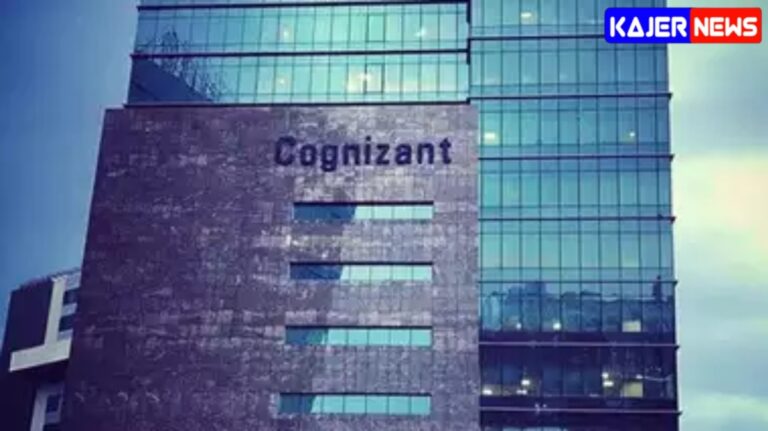PMFME Scheme: Complete Details, Qualifications, and Advantages
Numerous food products are served by the Indian food processing sector. In our country, the unorganised food processing sector employs around 25 lakh people and accounts for 74% of all food processing jobs. These unorganised sectors have long faced many obstacles and difficulties.
The PMFME programme was introduced by the Ministry of Food Processing Industry (MoFPI) of the Government of India in order to address this problem. Learn the complete PMFME form, eligibility requirements, perks, and other information you need to know about this programme by continuing to read.
Numerous food products are served by the Indian food processing sector. In our country, the unorganised food processing sector employs around 25 lakh people and accounts for 74% of all food processing jobs. These unorganised sectors have long faced many obstacles and difficulties.
The PMFME programme was introduced by the Ministry of Food Processing Industry (MoFPI) of the Government of India in order to address this problem. Learn the complete PMFME form, eligibility requirements, perks, and other information you need to know about this programme by continuing to read.
Details of the PMFME Scheme
The Pradhan Mantri Formalisation of Micro Food Processing Enterprises plan is known by its full name, PMFME. It is a one-stop shop for formalising the food industry in India. This programme is run by the Ministry of Food Processing with the intention of assisting the “Vocal for Local” initiative.
Launched in 2020 as part of the Atmanirbhar Bharat Abhiyaan, the PMFME initiative runs for five years, from 2020–2021 to 2024–2025. With an emphasis on assisting Farmer Producer Organisations (FPOs), producers cooperatives, and Self-Help Groups (SHGs) involved in the agri-food processing industry, it seeks to expand the number of current microenterprises operating in the unorganised segment of the food processing industries and formalise them.
It is a five-year, Rs. 10,000 crore programme funded by the central government. The proportion of the federal government to state governments in the Himalayan and Northeastern states is 90:10.
PMFME Scheme’s One District One Product (ODOP)
The One District One Product (ODOP) strategy has been incorporated into the PMFME plan in order to expand the scope of product marketing, shared service procurement, and input procurement. Its goal is to offer a framework for value chain growth and facilitate infrastructure alignment.
The states will select and market the food products in the district in accordance with the ODOP. One food product that is primarily produced in the district, a perishable agricultural commodity, or a cereal-based item can be selected.
Products featured in ODOP include tomatoes, litchi, potatoes, millet-based goods, fisheries, mangoes, animal feed, poultry, meat, and so on. This initiative will also promote traditional Indian herbal products like amla, honey, turmeric, and small forest products in tribal areas. Under the ODOP method, quality branding, marketing, and infrastructural facilities will be provided.
List of PMFME Schemes
The following elements of the food processing industry are the main focus of the programme:
Development of Common Infrastructure
All Farmer Producer Organisations (FPOs), Farmer Producer Companies (FPCs), Cooperatives, Self-Help Groups (SHGs) and their affiliates, private businesses, and government organisations will receive assistance for building shared infrastructure under this programme.
Support for constructing incubators, cold storage facilities, warehouses, labs, etc. is mostly included in this. Factors such as the viability gap, the absence of private investment, the complexity of the value chain, and the sector’s overall advantages are taken into account when establishing a project’s eligibility. For capital investment, there is also a credit-linked capital subsidy available.
Benefits of the PMFME Scheme
With credit-linked subsidies, it covers about two lakh micro food processing facilities.
Individual units will get funding through this programme to upgrade their food processing facilities.
Through support services, technical knowledge transfer, and skill training, this programme aims to increase the capacity of entrepreneurs.
With the aid of marketing, the programme seeks to increase integration with structured supply chains.
It helps already-existing businesses transition into official entities and register with the regulatory framework in a compliant manner.
PMFME Scheme Qualifications
Different qualifying requirements must be satisfied for different forms of help. These are listed in the following order:
Development of Common Infrastructure
Processing ODOP produce should be the primary focus of all FPOs, cooperatives, and SHGs for a minimum of three years.
The project cost cannot exceed the current turnover for cooperatives and FPOs, which must have a minimum turnover of Rs. 1 crore.
SHGs, cooperatives, and FPOs must to have enough internal funds for working capital as well as 10% of the project cost.
PMFME Web-Based Application
If you would want to apply online for the PMFME scheme, please do so by following these steps:
Go to the PMFME official website.
After selecting “Applicant Registration,” click “Login.”
Click “Register” after filling out the application form with the necessary information.
Navigate to the PMFME website and select the “Applicant Login” and “Login” options.
Click “Submit” after entering the password and user ID.
Select ‘Apply Online’ from the dashboard menu.
Complete the relevant form completely, then click “Submit.”





